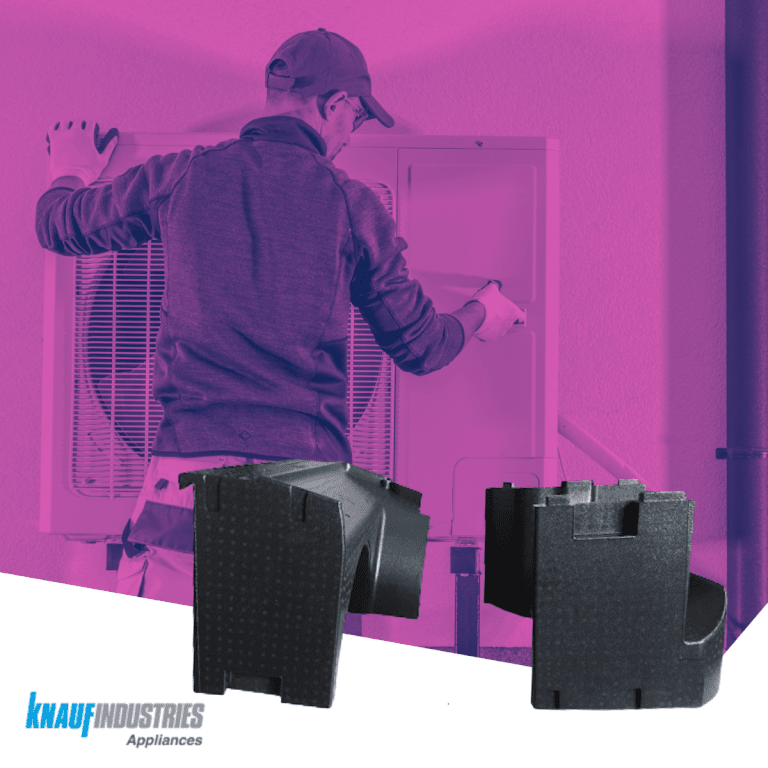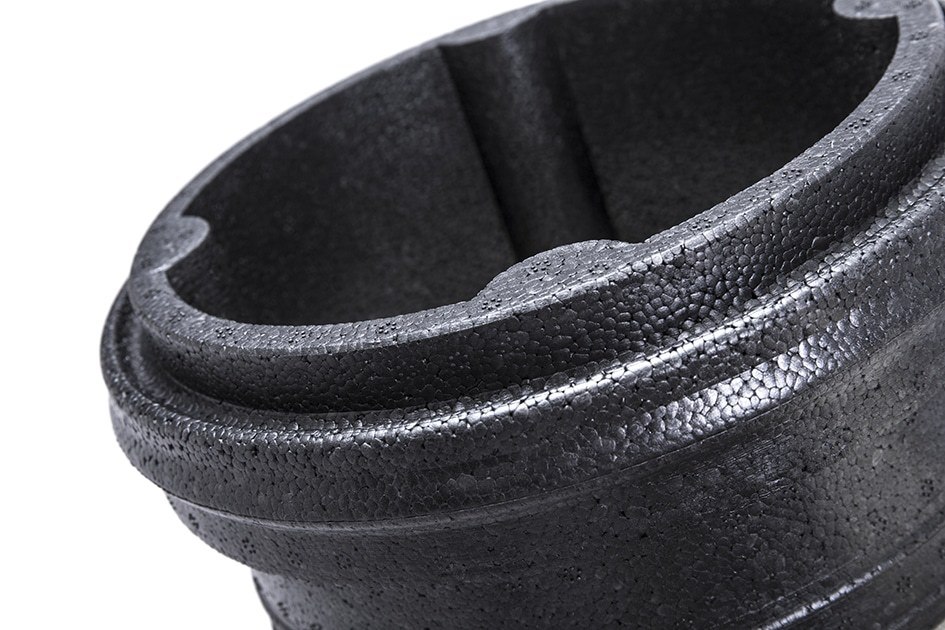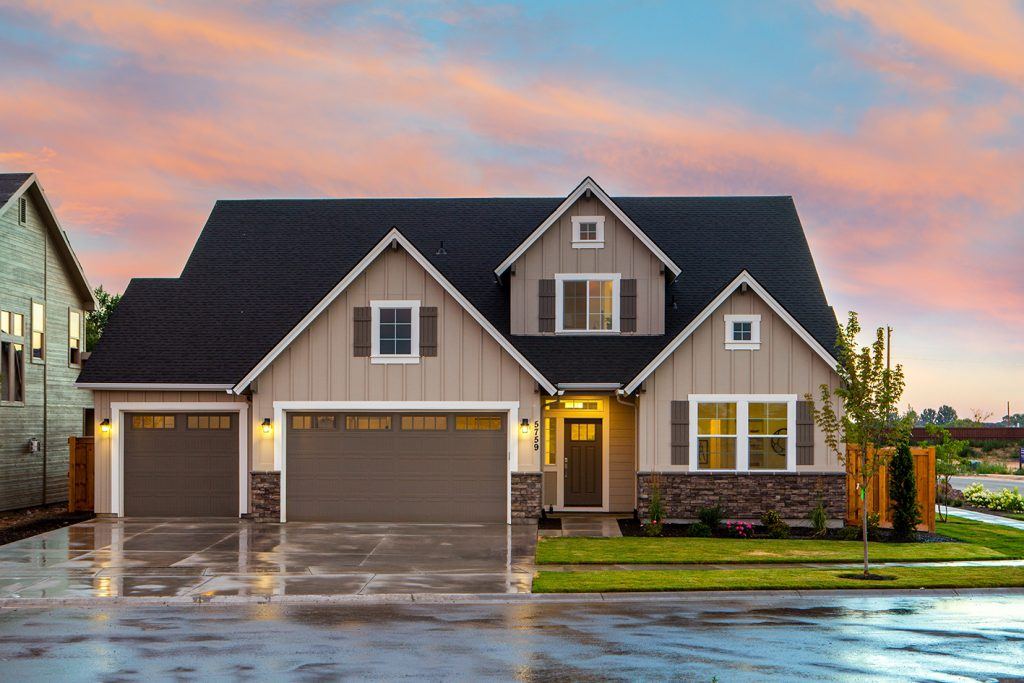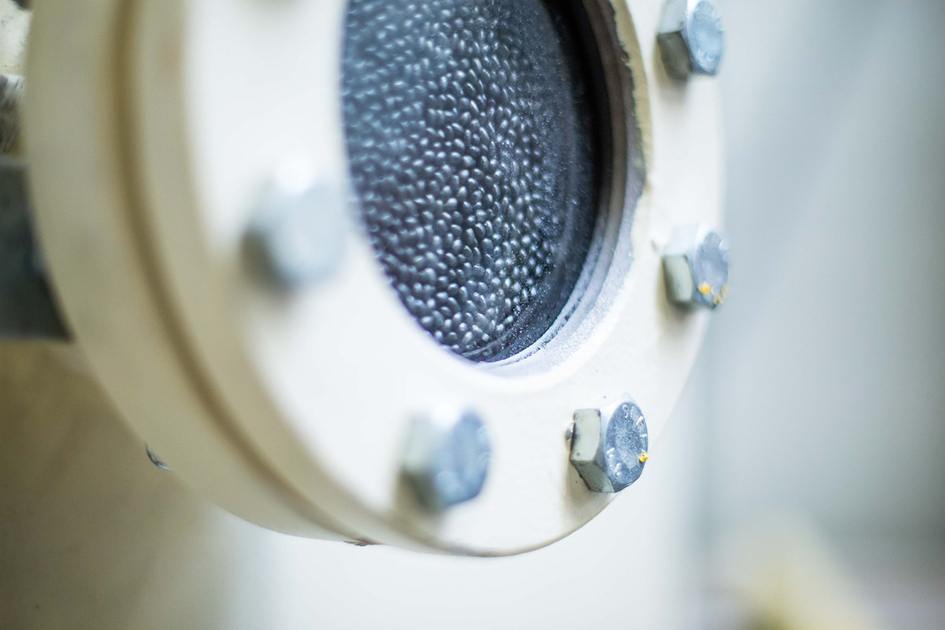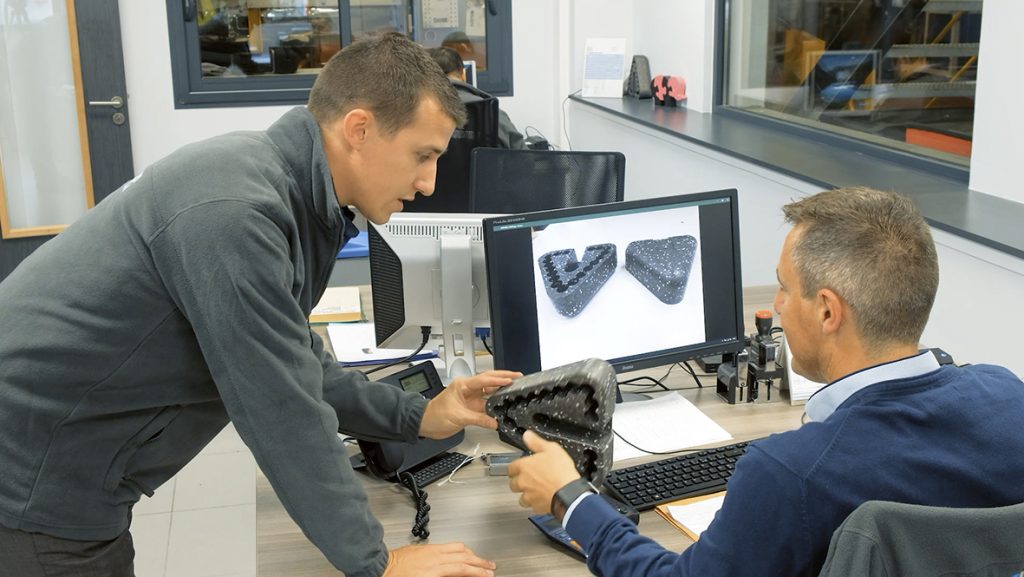Heat pump efficiency plays a crucial role in making HVAC systems more economical and sustainable, which makes looking and investing in this area a wise choice.
How do heat pumps work and what benefits does heat pump insulation bring to users? And what are the 6 key tips to enhance heat pump efficiency? Keep reading and find out.
Back to basics: heat pumps
Heat pumps: what are they and how do they work?
A heat pump is part of an HVAC system (heating and cooling system) that is in charge of redistributing heat from a source (usually outside air or ground) and indoor areas.
During cooler periods, the heat pump will pull heat from the outdoor air and transfer it indoors. On the contrary, in warmer months the heat pump will pull heat from indoor air, so that the temperature remains cooler.
That means heat pumps work differently than other heat control systems. For instance, furnaces create heat and then distribute it. On the contrary, heat pumps absorb heat energy and then transfer it to different areas according to needs.
Additionally, in order to work, heat pumps are powered by electricity and use circulating refrigerants between indoor fan coil units and outdoor compressors
What are the components of a heat pump?
- Condenser coil: it transfers heat to a fluid which could be water or air depending of the heat pump type (air or water systems)
- Evaporator coil: it absorbs heat from a fluid then as a condenser coil which could be water or air.
- Refrigerant: it’s in charge of absorbing and releasing the heat that flows within the system.
- Compressor: its role is to pressurize the refrigerant.
- Reversing valve: it enables the switching between heating and cooling by changing the refrigerant’s flow and direction.
- Expansion valve: it regulates the flow of refrigerant so that pressure and temperature can be controlled.
Types of heat pumps you can find in the market
- Air-source heat pumps: typical for residential heating and cooling systems, they absorb heat energy through outdoor air
- Ground-source heat pumps: also called geothermal heat pumps pull heat from the ground outside the building. They represent a higher investment but are also more efficient, as ground temperatures remain more constant.
- monobloc or split system: The appliance could be monobloc or split into two parts, basically an indoor and outdoor appliance.
Heat pump efficiency: what does it mean?
Heat pump efficiency is a key factor in guaranteeing the system is cost-efficient and sustainable.
It’s measured by the Coefficient of Performance (CoP), which calculates the ratio between energy production and consumption. As such, heat pump efficiency will mean the system produces more energy than it consumes, thus driving down running costs.
This measurement can be refined by also calculating the Seasonal Coefficient of Performance (SCoP), which also takes into account year-round climatic conditions.
To begin with, heat pumps are already more efficient than other heating systems. For instance, ducted air-source heat pumps can reduce electricity use for heating by approximately 50% compared to other structures such as furnaces, according to figures published by the US Energy Department. The same source also confirms geothermal heat pumps can reduce energy use by 30%-60%.
The reason is that both systems are using already available energy from both ground and air sources. As a result, typical heat pump efficiency is in the range of delivering 3 to 4 times the consumer energy.
Tips to improve heat pump efficiency
It’s estimated that 80% of the energy consumed in buildings is related to heating and cooling. That means improving heat pump efficiency will translate into important energy savings. The following actions will play a key role in this process:
1. Consider the heating distribution system
A well-designed distribution system and installation can have a great impact on heat pump efficiency. For instance, underfloor heating by using lower water temperature increases the efficiency of the heat pump system.
2. Pick the right ground array design
When it comes to ground source heat pumps, attached systems known as ground arrays must be correctly designed and installed, in order to avoid energy inefficiencies. For instance, it’s important not to oversize boreholes in order not to raise source temperatures.
3. Take water sources into account
Water sources are great heat carriers, so deep underground aquifers or mine water may become the most efficient choice for heat pump efficiency, especially as they provide consistent temperatures.
However, pulling water from very deep below might need extra energy, so each specific project should carefully consider if water sources are ideal.
You might also be interested in: Expanded foam Technical parts in HVAC systems
4. Heat pump insulation is key
Firstly, it’s important to consider that a building’s insulation will also play a key role in heat pump and HVAC performance in general, as energy demand is reduced
Additionally, heat pump insulation will play a key role in the system’s performance. In this regard, traditional approaches to this system (metal sheets and insulation sticks) no longer provide the desired efficiency.
On the contrary, customized EPP technical parts highly improve thermal insulation in HVAC systems. This material presents an outstanding low thermal conductivity, thus avoiding energy waste that would compromise the system’s efficiency.
As such, incorporating systems like an insulated pump cover can turn into a significant thermal loss reduction.
5. Guarantee air tightness
Including customized EPP technical parts for HVACR enables the creation of a fully airtight casing. Based on foam, these solutions adapt to existing shapes to ensure perfect tightness and avoid leaks.
6. Make it sustainable
Heat pump efficiency also means the system is more sustainable, which in turn might benefit from governmental policies encouraging building energy efficiency.
While this depends on each country’s policies, measures such as the Domestic Renewable Heat Incentive (RHI) in the U.S. reward owners and operators who decarbonize their heating and cooling systems and install more efficient systems.
Additionally, as EPP and EPS technical parts are 100% recyclable materials, which
Want to learn more about how to improve heat pump efficiency and other tips to avoid energy losses in HVAC systems? At Knauf Appliances we’re committed to generating EPP and EPS technical parts for HVAC systems, helping enhance their efficiency and sustainability.
Download Technical Manual About Expanded Foam and find out about the right solutions for your needs.
